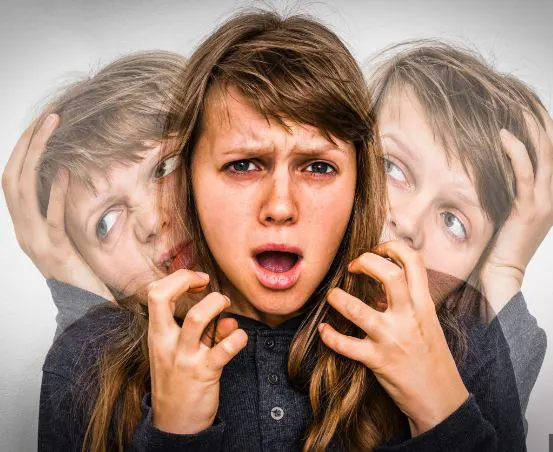Schizophrenia is a chronic, severe mental disorder that affects the way a person thinks, acts, expresses emotions, perceives reality, and relates to others. Though schizophrenia isn’t as common as other major mental illnesses, it can be the most chronic and disabling. People with schizophrenia often have problems doing well in society, at work, at school, and in relationships. They might feel frightened and withdrawn, and could appear to have lost touch with reality. This lifelong disease can’t be cured but can be controlled with proper treatment.
Contrary to popular belief, schizophrenia is not a split or multiple personality. Schizophrenia involves a psychosis, a type of mental illness in which a person can’t tell what’s real from what’s imagined. At times, people with psychotic disorders lose touch with reality. The world may seem like a jumble of confusing thoughts, images, and sounds. Their behavior may be very strange and even shocking. A sudden change in personality and behavior, which happens when people who have it lose touch with reality, is called a psychotic episode.
How severe schizophrenia is varies from person to person. Some people have only one psychotic episode, while others have many episodes during a lifetime but lead relatively normal lives in between. Still others may have more trouble functioning over time, with little improvement between full-blown psychotic episodes. Schizophrenia symptoms seem to worsen and improve in cycles known as relapses and remissions.
The condition usually shows its first signs in men in their late teens or early 20s. It mostly affects women in their early 20s and 30s. The period when symptoms first start and before full psychosis is called the prodromal period. It can last days, weeks, or even years. It can be hard to spot because there’s usually no specific trigger. You might only notice subtle behavioral changes, especially in teens.










